

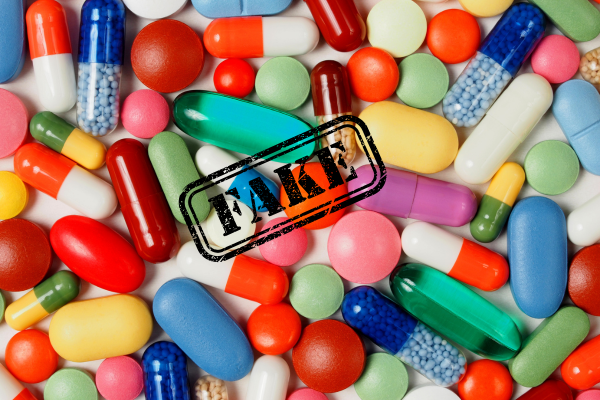
Date: 24 Sep 2025
Counterfeit medicines and unsafe supplements are a growing concern in Kenya. As more people buy medicine from pharmacies, supermarkets, and particularly online, the risk of receiving fake or harmful products increases.
Counterfeit medicines don’t just waste your money; they can damage your health, cause long-term complications, or even lead to death.
But here’s the good news: Once you understand how to spot fake medicines and choose safe supplements, you can avoid these risks.
Counterfeit drugs are fake products made to look real. However, they are often produced in unsafe, illegal ways and may contain the wrong or no active ingredients at all. Some contain harmful substances like toxic chemicals or heavy metals, which can be dangerous.
According to the Pharmacy and Poisons Board (PPB), counterfeit and substandard drugs pose a growing public health threat in Kenya. Here’s why they’re so dangerous:
Studies show that 10–12% of medicines in Kenya may be counterfeit or substandard, with some regions reporting even higher numbers.
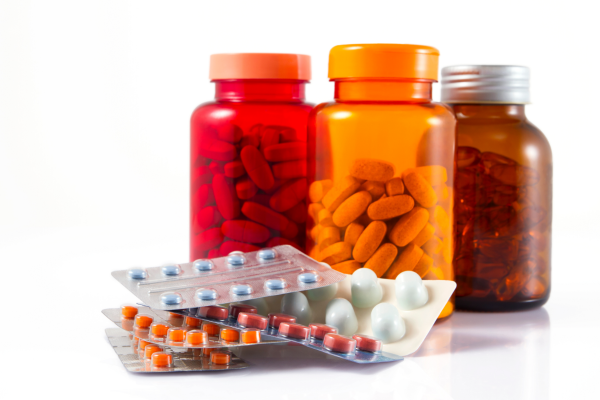
Here’s how you can protect yourself by spotting counterfeit medicines:
Genuine medicines come in neat, professional packaging. Watch out for:
Every real medicine has a clear expiry date and batch number. If these details are smudged, altered, or missing, walk away.
If the price seems too good to be true, it probably is. Counterfeit sellers often lure customers with cheap deals, which may end up being a huge risk to your health.
If the medicine looks different from what you're used to—or has a strange taste or smell—it could be counterfeit.
If your medicine causes strange side effects or doesn’t seem to work at all, it might be a fake. Always consult a doctor or pharmacist if you’re unsure.
Counterfeit drugs enter Kenya in a few common ways:
These channels often bypass quality control checks, making them especially risky.
You don’t need to be a pharmacist to stay safe. Here’s how you can protect yourself:
Check that the pharmacy is registered with the Pharmacy and Poisons Board (PPB). Avoid buying from street vendors or open-air markets.
Some medicines come with verification stickers or QR codes. You can text a code or scan it with your phone to confirm the product is genuine.
Check the seal, expiry date, batch number, and spelling on the label. Anything that looks off should raise suspicion.
If you suspect a product is fake, report it immediately through the PPB Pharmacovigilance Portal or their hotline. You might prevent someone else from falling victim to the same scam.
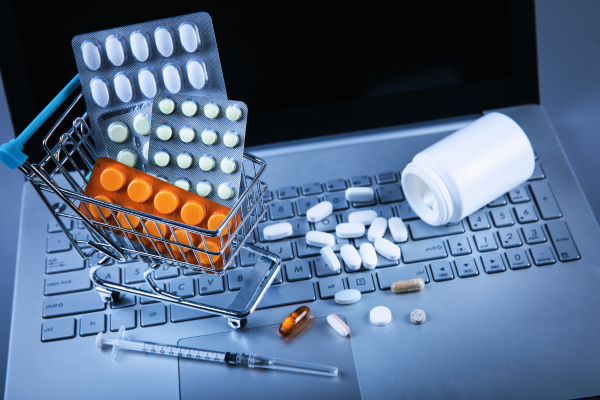
While online pharmacies are convenient, not all are safe. Before making a purchase, ensure the website is licensed and trustworthy.
For a reliable and safe online pharmacy in Kenya, consider Pharmily Limited Kenya. It’s fully licensed and approved by the Pharmacy and Poisons Board, offering a wide range of genuine products, including:
By using regulated platforms like Pharmily, you minimize the risk of buying counterfeit medicines while enjoying fast and affordable delivery.
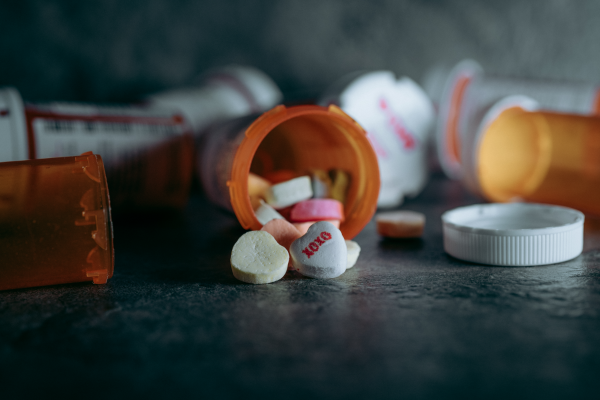
Supplements like vitamins, herbal remedies, and protein powders are popular among fitness enthusiasts, health-conscious individuals, and those with specific medical needs. However, not all supplements are created equal. Some are helpful, while others can be harmful.
Follow these tips to ensure you're choosing safe, effective supplements:
Not everyone requires supplements. A balanced diet typically provides enough nutrients, but supplements can help in certain cases, such as:
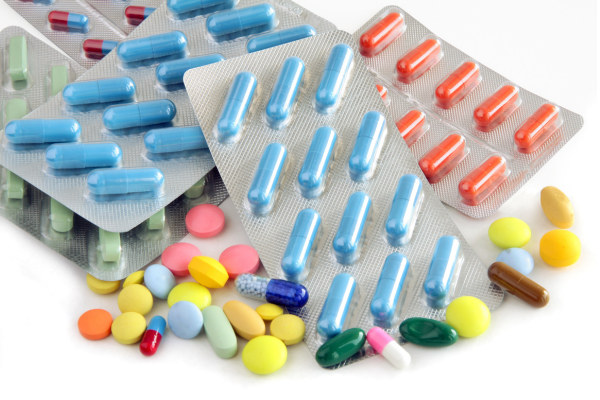
Kenya is actively working to protect the public from counterfeit medicines through:
But regulation alone isn’t enough—your awareness is crucial to staying safe.
Q. What are the dangers of counterfeit medicines in Kenya?
Counterfeit medicines can cause worsening health conditions, drug resistance, toxic side effects, and even death. They may also be ineffective, leading to wasted money and unsafe health practices.
Q. How can I verify if a medicine is authentic in Kenya?
Check for packaging quality, expiry dates, batch numbers, and official PPB verification stickers or QR codes. Always purchase from licensed pharmacies or trusted online platforms like Pharmily.co.ke.
Q. Where can I buy authentic medicines online in Kenya?
Look for licensed online pharmacies such as Pharmily.co.ke, which are fully approved by the Pharmacy and Poisons Board and offer genuine medicines and supplements.